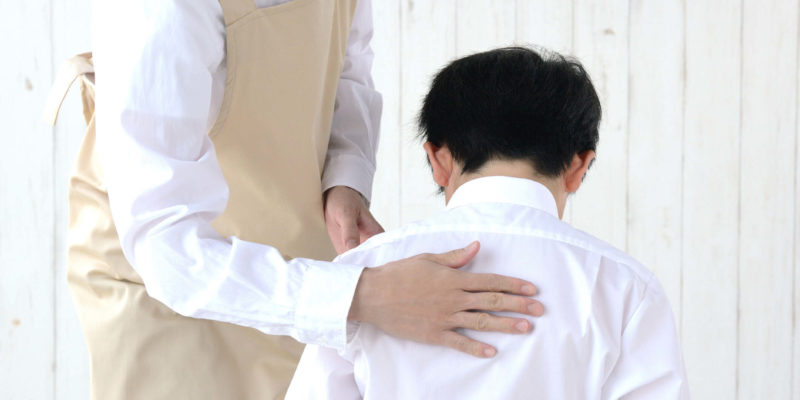If you have seizures or are the parent of a child who has seizures, then…

Cold Weather and Seizures
Have you ever wondered if the weather could have an impact on your seizures? The fact is that some people are more likely to have seizures in the winter. While the weather is partially to blame, other seasonal factors have an impact, as well.
To understand why winter can exacerbate epilepsy symptoms in some people, if it is important to know why people have epileptic seizures. Excessive electrical discharges in the brain cause seizures. Your environment can influence whether or not you get these excessive discharges.
Neurologists are aware of several factors that can influence your likelihood of having a seizure. They include:
- Fasting
- Stress
- Bright flashes of light
- Menstruation and hormone changes
- Lack of sleep
- Alcohol or drug use
- Some foods
- Medications
- Temperature changes
Not everyone with epilepsy reacts the same way to triggers. For example, for people with reflex epilepsy, eating a specific food can immediately trigger a seizure. However, for most people with epilepsy the relationship between food and epilepsy is more closely related to changes in blood sugar or in the food having a stimulant, like caffeine, in it.
Likewise, not everyone with epilepsy is triggered by sudden temperature changes. However, for those that do, a sudden and drastic fall in temperatures, like what happens when a cold front enters an area, can trigger seizures.
Some of the increase in seizures in the winter may be due to factors other than temperature. Many people drink alcohol or indulge in food or drugs during holiday parties. The resulting chemical changes in the body can make seizures more likely.
Talk to your neurologist about how to handle the increased risk of seizures. Neurologists may be able to provide you with medications that can reduce or eliminate your seizure risk. If you have not had success with medications in the past, continue to seek help. Newer medications may be more effective for you. There are also non-pharmaceutical interventions for those who are not helped by medication.
You also want to make sure the people around you know how to respond when someone has a seizure. Many people have outdated and incorrect information about how to support someone who is having a seizure. Some of that information is potentially very harmful. The best way to support someone having a seizure is:
- Move them or remove harmful objects, if they are in danger (move someone from the top of a stairway, remove hard or sharp objects, etc.)
- Keep people away from them
- Place them on their side, if possible, to keep airways clear.
- Time the seizure and give them that information afterwards.
Do not:
- Try to hold them down or otherwise physically stop movements.
- Place anything in their mouth.



